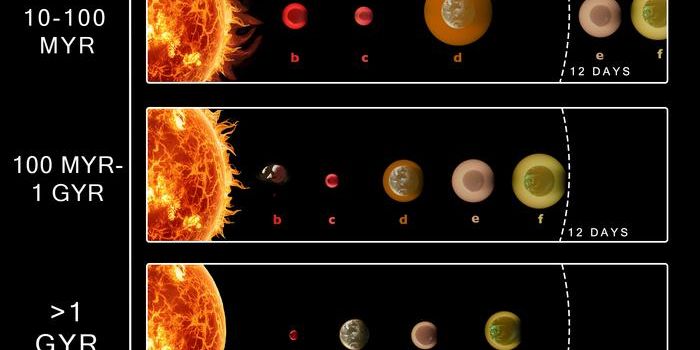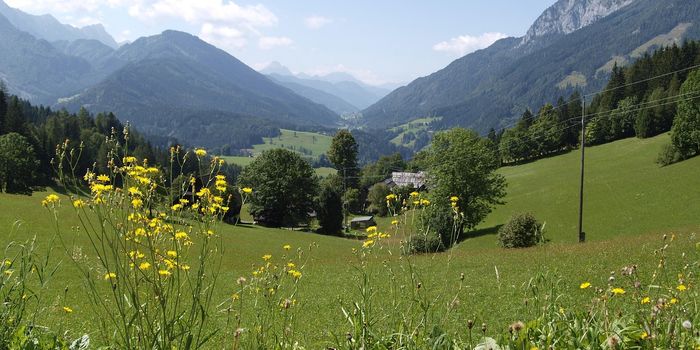Britain's coal-free streak
The UK is breaking records with a no-coal streak of 16 days in counting as of yesterday. This is the first time in over 130 years that the UK has been powered without the use of coal for such an extended period.
Since May 17, the most recent day of coal usage, the UK’s power supply has been diversified between the gas (39%), nuclear (20%), wind (13.5%), solar (7.1%), and biomass (7.6%), among others. The UK reached 679 coal-free hours in May 2019, going above the total record for the 2017 year.
Director of the National Grid Electricity System Operator (ESO), Fintan Slye commented, “As more and more renewables come onto the system, we’re seeing things progress at an astonishing rate. We also broke our solar record for GB this month – with one day seeing over a quarter of the country powered by the sun. Our stats also tell us that decarbonization levels have decreased by over 50% between 2013-2018; 2018 was our greenest year to date and so far, 2019 looks like it has the potential to beat it.
“We’ve been planning for reduced running of coal plant for many years, as well as managing increasing levels of renewables. This means that network investments have been made and grid operator services have been procured such that we can operate a network with no coal plant. As we predicted when we first broke the record for a week of no coal generation at the start of the month, events such as [this] will become the ‘new normal’. As we move towards 2025, we believe that we will be able to operate Great Britain’s electricity system with zero carbon generation.”
The countries ranking as the leaders in the lowest dependency coal are Iceland, Tajikistan, Sweden, and France. The UK aspires to reach similar levels and the government has committed to eradicate the UK’s remaining coal-fired plants by 2025.
Chris Skidmore, energy and clean growth minister, stated: "The UK has the largest offshore wind capacity on the planet, can generate more than a quarter of our electricity needs from the sun and last year, more than half of our electricity came from low carbon sources."
Sources: BBC News, Smart Energy International









